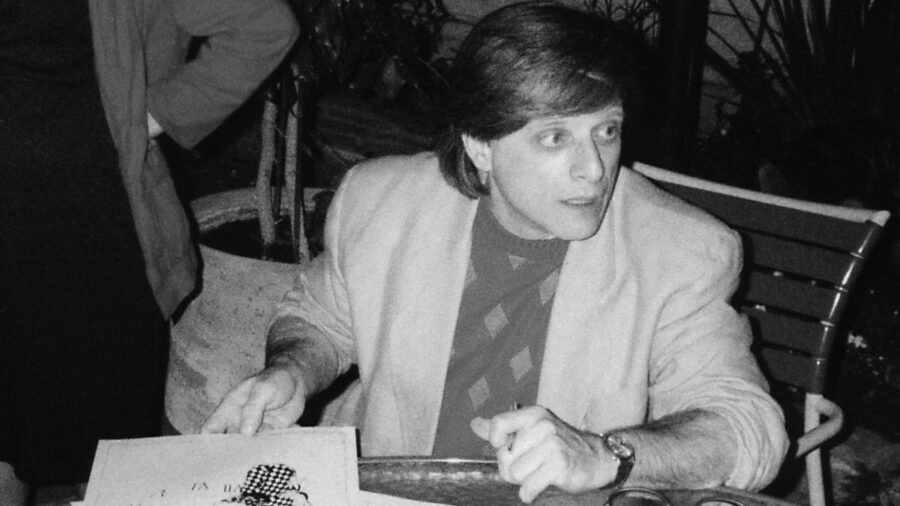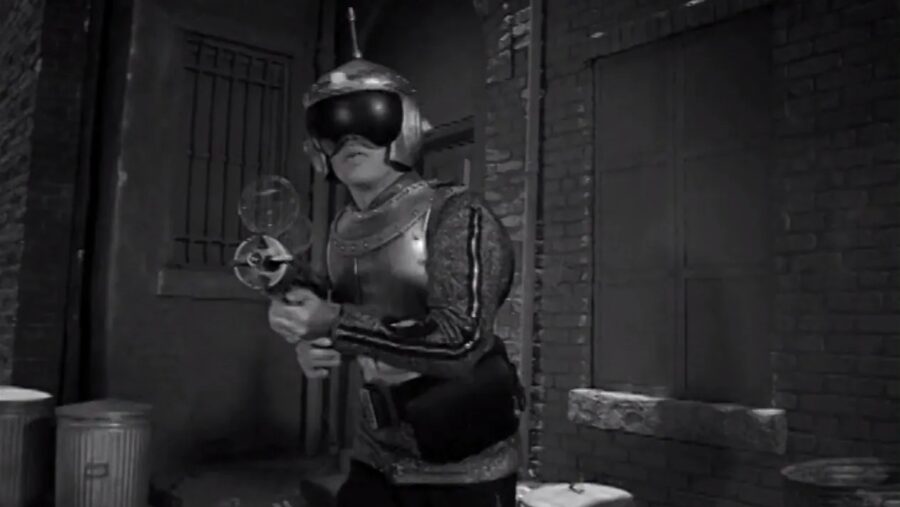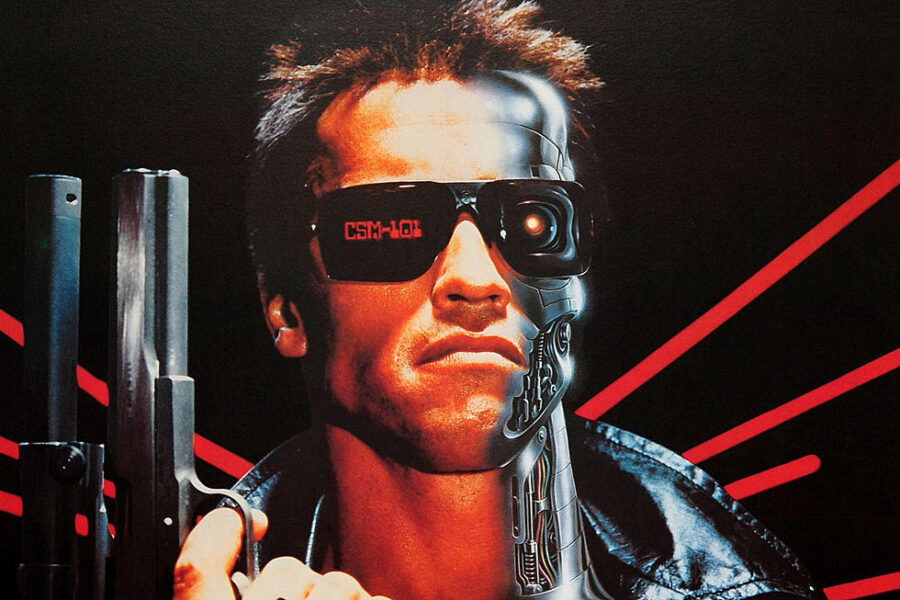The Terminator Ripped Off One Of The Greatest Sci-Fi Writers Of All Time?
Acclaimed science fiction writer Harlan Ellison claimed The Terminator ripped off his work, but the facts are debatable.
When The Terminator was first released in 1984, few people could have known what an enormous impact it was going to have on pop culture. At the time, director/co-writer James Cameron was just another graduate of the Roger Corman school of cheap exploitation filmmaking and star Arnold Schwarzenegger had just begun to gain recognition after the moderate success of Conan the Barbarian. The Terminator became a runaway blockbuster film blowing its shockingly tiny $6 million out of the water and launching one of the great science fiction franchises of all time.
However, one of the great science fiction writers got wind of The Terminator while it was in production and immediately thought: this must be ripping me off. That writer was Harlan Ellison, the immensely prolific, intensely combative writer of Star Trek’s “The City on the Edge of Forever,” the influential dystopian horror story “I Have No Mouth, and I Must Scream,” A Boy and His Dog, and the winner of eight Hugo Awards. The story behind all of this is built on a lot of hearsay and directly conflicting statements from the principal players, so we will try to break down what happened with The Terminator here.

According to James Cameron, the idea of The Terminator was born of his desire to make a low-budget, high-earning film like John Carpenter’s Halloween (which, mission accomplished, Mr. Cameron) and a terrifying dream of a metal torso dragging itself out of an explosion. Depending on which interviews you read from over the years, it also might have had some genesis in various stories he had read and shows he had watched in his life, which is kind of how ideas come together. Ultimately, he whipped together a screenplay and sold it to Gale Ann Hurd for a buck and the promise that he would direct it when it was produced.
However, according to Harlan Ellison, The Terminator was a ripoff of an episode of The Outer Limits titled “Soldier” that he had written, based on his own short story “Soldier from Tomorrow.” He would later claim that an unnamed source had told him the screenplay for a movie in production titled The Terminator was similar to an episode of a television show that had aired nearly twenty years before, and that the production company had rebuffed his request to be given the screenplay to a movie (which he found suspicious, for unknown reasons). After sneaking into an advance screening of the film, he was sure that it was based on his work and filed an infringement lawsuit against Orion Pictures.

Harlan Ellison’s reasoning, essentially, was that both “Soldier” and The Terminator involve two enemies from the future who travel backward in time and eventually kill each other, with a 20th-century woman being tangentially involved. Orion Pictures eventually decided to settle with Harlan Ellison to the tune of some $65,000, which could be taken as a sign that there was enough evidence for the author’s case. It could also be taken as indicating that the studio did some quick math and figured it was better to pay off an author who was known for public grandstanding and filing literally hundreds of lawsuits in his life, sometimes based on nothing more than he thought the general idea of a movie sounded like it could be something he thought up.

For his part, James Cameron has consistently maintained that Harlan Ellison’s work was not an influence on The Terminator, that he “emphatically” disagreed with the studio’s decision, and that he was pressured into going with it at a time point in which he had little power. Allegations that he said in interviews that he had “ripped off a few Outer Limits segments” have never been substantiated. And it is notable that while “Soldier” does involve two time travelers who fight, it does not include cyborgs, robots, apocalyptic nuclear strikes by artificial intelligence, a pre-destination paradox, the 20th-century woman having a role in the future, or a pregnancy.
At the same time, it cannot be completely dismissed that James Cameron might have been watching ABC back in the 1960s, saw “Soldier,” and twenty years later, used some part of it. To this day, the legally very specific phrase “Acknowledgment to the works of Harlan Ellison” is in the credits of every installment of The Terminator franchise. You can decide for yourself.












